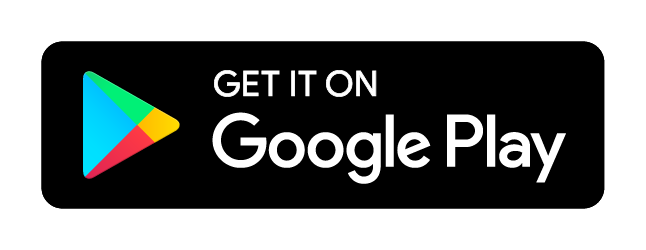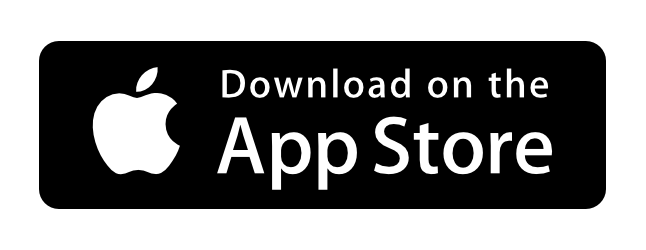Informational interviewing is really just a fancy term for the dreaded “N” word – “networking.” Everyone hates the idea of networking, yet studies show that the majority of jobs are obtained this way. Conducting informational interviews is a form of networking that enables you to gain valuable insight that will help you better position yourself for future opportunities. It also allows you to expand your network and thereby open doors to the hidden job market – the jobs that never get posted because they are filled through connections. Informational interviewing is something that can and should be done throughout your career, whether or not you are actively engaged in a job search.
Finding Potential Contacts
Your goal should be to meet with people who hold jobs that interest you – either in areas you are exploring or in careers you are certain you want to pursue. To get your feet wet, start with “warm contacts” – usually friends of friends – as these people are likely to be more receptive to your outreach. But there is also nothing wrong with contacting people you do not know – look for alumni of your undergraduate or graduate school, or even your high school. Members of religious or cultural groups are also good options. People are more inclined to want to help people with whom they have something in common.
Approaching Contacts
Send potential contacts a brief e-mail introducing yourself and explaining how you got their name and what sort of help or advice you are seeking – be explicit that you are not looking for a job. Do not attach your resume, as this often gives the wrong impression. Ask for a few minutes of their time, and offer to come to their office or meet for coffee at their convenience.
Preparing for the Informational Interview
Before meeting with a contact, make sure you are prepared. Remember that unlike a traditional interview, the burden will be on you to keep the conversation going. Some basic questions include:
- What has your career path been thus far?
- What advice do you have for someone looking to break into your field? Are there courses I should take, organizations I should join, or periodicals I should subscribe to?
- What qualities do you look for in a candidate when hiring for your organization?
- What trends are you seeing in this job sector?
- Can you suggest anyone else for me to speak to?
This last question is key. If the initial contact gives you additional names, these new names then become “warm contacts.”
Following-up
Immediately after an informational interview, you should send a thank you note. Let contacts know that you appreciate their time, and plan to follow up on their advice. You should then actively maintain all contacts by periodically checking in to update them with any new developments in your job search. You can also forward articles that may be of interest, or send them holiday greetings at the appropriate time. Staying on their radar screen helps to ensure they will remember you when they hear of a relevant job opening.
Conclusion
The best outcome from an informational interview comes when you hit it off with a contact and he or she becomes a mentor and/or helps you find a job. But even in the worst case – where you do not click with the contact and are not going to stay in touch – you still walk away with valuable information about the field. Remember, “networking” is not a dirty word, and informational interviews are a great tool for anyone looking to advance his or her career.




